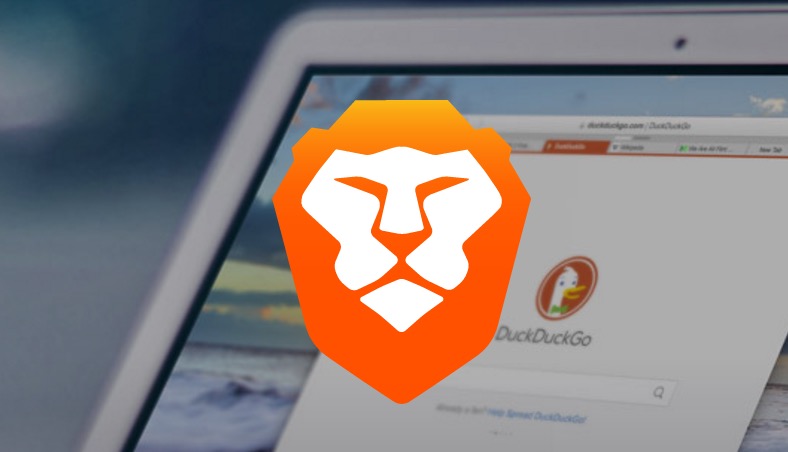US publishers fire shot at ad-blocking Brave browser

US publishers are up in arms over Brave's plans to launch a browser and apps which block ads in the name of security and privacy.

Brave, a venture which intends to launch a browser and mobile apps which displays publisher content but alters adverts to quicker, less intrusive ads, wants to turn the ad-blocking industry on its head.
Publishers are faced with the rising adoption rates of ad-blocker browser extensions and apps which strip them of revenue generated by displaying adverts on web domains, and the issue is only worsening for companies which rely on ads to stay afloat.
Brave, launched by Brendan Eich, co-founder of the Mozilla Foundation, plans to launch a browser which strips out any adverts which may harbour malicious content, filling these gaps with content from its own network.
In order to entice more users to view adverts, they will be paid a percentage of gross profits in Bitcoin -- which users can also donate to publishers if they choose -- and additional cash will be sent to publishers, ad partners and Brave itself.
According to the company, the overall aim is to remove the threat of malvertising -- the inclusion of malicious ads which link to fraudulent or malware-laden web domains -- which publications including the Daily Mail, BBC and The New York Times have become victims of in the past few years. Privacy is also a key theme, with user data stored locally rather than sent to the cloud.
Brave touts itself as a solution to the publisher v. ad-block business problem. However, a number of publishers are far from happy with this proposed business model.
A cease-and-desist letter signed by 17 members of the Newspaper Association of America (NAA) has been forwarded to Brave. Sent 7 April (.PDF) to Eich, a number of digital publishers have claimed that Brave's plans are "blatantly illegal."
Signatories of the letter include GateHouse Media, The New York Times Company, The Washington Post and The Tribune Company.
The complaint says that Brave's business model will "replace publishers' advertising with advertising that Brave sells for its own profit," and while Brave has said publishers will be given a slice of the pie, the advertising structure has been created "on the backs" of journalists, editors, and other staff.
According to the letter, online ads are key, and without them, reporting online could not be offered for free or at subsidized rates.
Brave's cease-and-desist letter makes the publisher's case crystal clear, stating:
"Your plan to use our content to sell your advertising is indistinguishable from a plan to steal our content to publish on your own website.
We expressly decline to participate in any way in Brave's supposed business model. We explicitly reject any compensation or consideration Brave plans to offer to us as part of its ad-blocking and ad-replacing scheme, and we refuse to accept any "site wallet" that you propose to create for our supposed benefit."
Security
The letter ends after raising the possibility of legal suits. However, Brave was quick off the mark to refute a number of claims made in the complaint.
In a blog post on Thursday, the company said the publishers have "fundamentally misunderstood" Brave's goals. The company rejects claims that publisher's adverts are tampered with and changed to Brave's own ads, as well as the idea the browser and apps have been developed in order to pinch profits.
Instead, Brave highlights that publishers will be paid a portion of the firm's ad revenue. Publishers are slated to receive 55 percent of proceeds, 15 percent goes to ad partners, 15 percent will be issued to users and 15 percent will go to Brave itself.
In addition, the point of Brave is to remove abusive, aggressive and dangerous online ads, and to return the right to privacy to viewers by eradicating non-consensual third-party tracking.
"The news industry is in catastrophic decline and has been for years," the company states. "Brave has a model to change this dire trend by both funnelling more ad revenue to publishers and allowing users to pay them directly."
"In sum, and contrary to the misstatements of the NAA letter, Brave is the solution, not the problem, for users and publishers."
Top tips to stay safe on public Wi-Fi networks
Read on: Top picks
- How to increase your Bitcoin mining profit by 30 percent with less effort
- SMS Android malware roots and hijacks your device - unless you are Russian
- Bug bounties: Which companies offer researchers cash?
- Shodan: The IoT search engine privacy messenger
- What happens when you leak stolen bank data to the Dark Web?